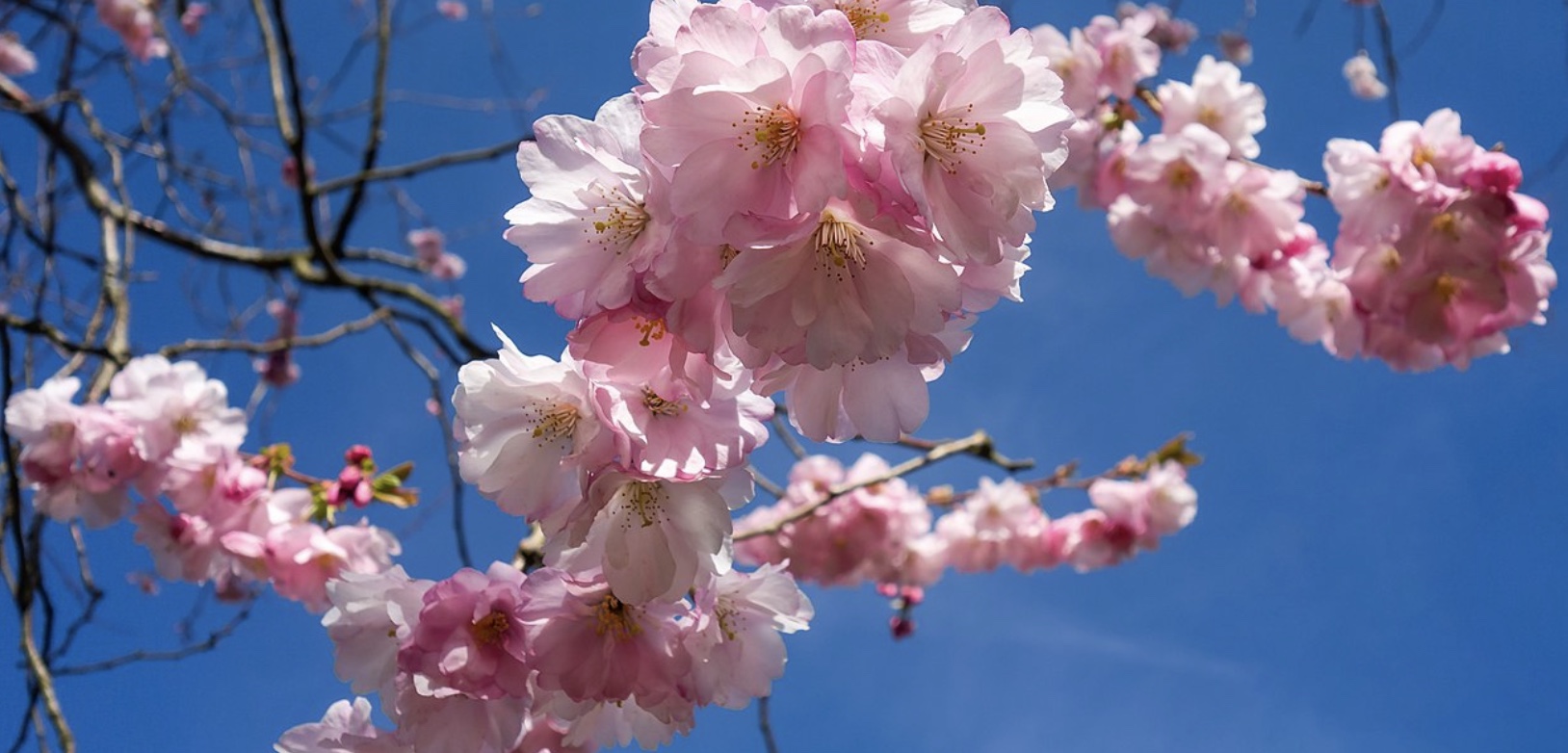I just got back from a British road trip. 5 counties in 6 days. My partner and I left our home in Kent, the garden of England, and motored up to the cathedral city of York, through the Yorkshire Moors to the seaside village of Sandsend. Then we traveled through Derbyshire to cycle in the Peak District and tour Chatsworth House. It was a glorious trip, only 400 miles in total, but made special by the fact that we had not spent a night away from home since March. Undoubtedly the best thing about it was the months spent planning and looking forward.
Being excited about future pleasure is a fundamental human desire. As the novelist, John Green writes in Paper Towns “The pleasure isn’t in doing the thing, the pleasure is in planning it.”
I’m such a believer in the power of anticipation that pre-COVID I always made sure I had three things to look forward to: Something in my work life, something in my personal life, and a holiday. Looking forward to a vacation, a concert, or a professional engagement in six months is like planting a sunrise on my mental horizon. It helps me feel optimistic and joyous.
However, even before we returned to Kent, news of a second lockdown was flooding the radio waves. Not only was the journey now behind us, but it felt as though a future staycation would be impossible to plan. Bereft of any joyous longer-term plans on the horizon, my mood crashed. And then I remembered the cornerstone of Thrive Global’s mission: Micro steps – small, actionable, incremental, and science-backed steps we can take to make immediate changes in our daily lives.
Science-Backed
I knew from my own experience, and that of friends and clients, that anticipating future pleasure make us feel better. But, was this ‘science-backed?’ Reporting in the Journal Of Experimental Psychology, US researchers Van Boven and Ashworth (2007) put the theory to the test.
Participants were asked to contemplate future and past emotional events. Their emotional reactions were then measured, revealing people were much more excited about, say, a family vacation in the future than in the past. Van Boven concluded,”‘Our research suggests that the enjoyment people glean from anticipation might also be an important component of life satisfaction.”
Actionable
I also understood, again from my own past experience, that in order to look forward to something I had to believe it was probably going to happen. And this, of course, is where COVID casts its shadow. How can we savor the anticipation of a party, a holiday, or professional achievement, when it seems more than likely it will be canceled or banned?
Small incremental Steps
Thanksgiving dinner with my parents without the usual 12 other guests, already seemed small; a retreat for only 6 clients, instead of 25, felt equally modest; and a birthday party with 2 friends in the same county had not seemed especially ambitious, compared to past years. However, in this climate it is impossible to plan for any of them.
By including any other people and any locations (away from home) in my plans, I was allowing COVID to rob me of the joy of being excited by the future. It was in the word ‘small’ I found my salvation. I adapted and scaled back.
In my personal life, I am now focusing on one-half a day each week, just for me. The phone will be put away, switched to silent, in a drawer. I will not attend to the needs of my partner, family, friends, or clients. Whether I fill the time with music or with silence, whether I spend it in my study or in the garden is entirely up to me.
In my professional life, I will scrap plans for a physical retreat and focus instead on the launch of an online program, celebrating each new delegate as if we were spending the time together.
As for a holiday, I plan to take the kind of vacation I could never have afforded before. Six whole months alone together with my partner and my dogs in the garden of England, watching the seasons change. It starts tomorrow, one book, one bubble bath, one new recipe at a time. I’m already looking forward to burning logs, and I’m starting to feel excited at the thought of seeing the cherry blossom once again.



